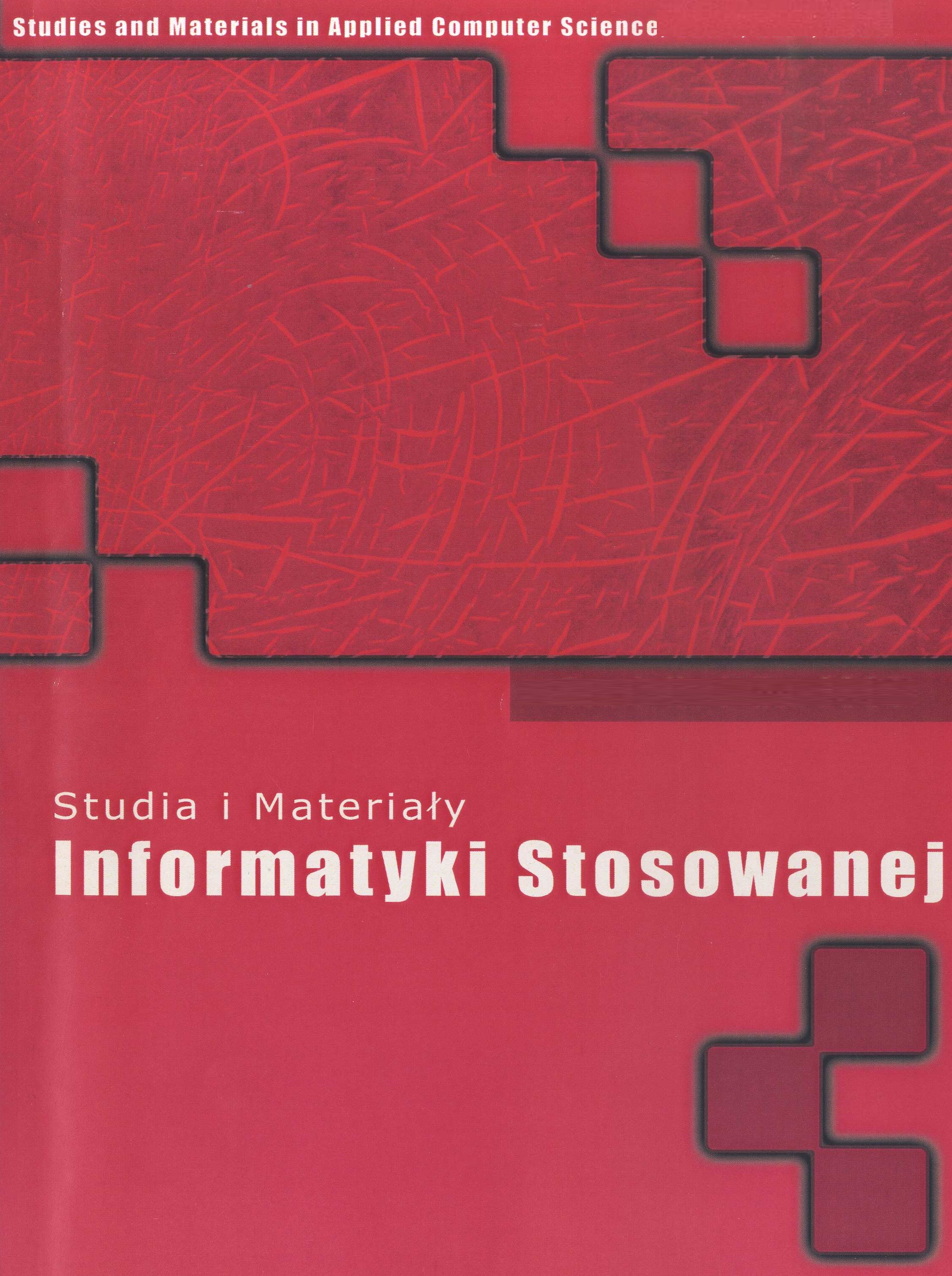Comparison of selected wolf pack algorithms used in solving optimization problems
DOI:
https://doi.org/10.34767/SIMIS.2021.01.03Keywords:
Optimization, Swarm algorithms, Wolf herd algorithm, Wolfs, BenchmarksAbstract
Optimization algorithms have gained recognition as a fast and consistent way to solve optimization problems. Recently, wolves have been increasingly used as inspiration for algorithms as well as in projects using these algorithms. In this paper, six selected algorithms are described. They were then implemented in R and compared using six comparison functions, called benchmarks. The results of thirty tests on each function were presented by mean score, standard deviation of the score, mean time and standard deviation of the time. Additionally, a convergence plot on two of the benchmark functions was presented. The algorithm results obtained often differed from those presented in the publications, but the performance of some of the algorithms was better or comparable to PSO[1], DE[2], and GA[3]. The best wolf algorithm was found to be Grey Wolf Optimizer[4].
References
J. Kennedy and R. Eberhart. Particle swarm optimization. In Proceedings of ICNN’95 -International Conference on Neural Networks,volume 4,pages 1942–1948 vol.4, 1995.
Rainer Storn and Kenneth Price. Differential evolution – a simple and efficient heuristic for global optimization over continuous spaces.11(4), 1997.
John H. Holland. Genetic algorithms. Scientific American, 267(1):66–73,1992.
Seyedali Mirjalili, Seyed Mohammad Mirjalili, and Andrew Lewis.Grey wolf optimizer.Advances in Engineering Software, 69:46 – 61,2014.
Osman K. Erol and Ibrahim Eksin. A new optimization method: Big bang–big crunch.Advances in Engineering Software, 37(2):106 – 111, 2006.
Esmat Rashedi, Hossein Nezamabadi-pour, and Saeid Saryazdi. Gsa: A gravitational search algorithm. Information Sciences,179(13):2232 – 2248, 2009. Special Section on High Order Fuzzy Sets.
S. Kirkpatrick, C. D. Gelatt, and M. P. Vecchi. Optimization by simulated annealing. Science, 220(4598):671–680, 1983.
M. Dorigo, M. Birattari, and T. Stutzle. Ant colony optimization. IEEE Computational Intelligence Magazine, 1(4):28–39, 2006.
C. Yang, X. Tu, and J. Chen. Algorithm of marriage in honey bees optimization based on the wolf pack search. In The 2007 International Conference on Intelligent Pervasive Computing (IPC 2007), pages 462–467, 2007.
Rolf Peterson, Amy Jacobs, Thomas Drummer, L. Mech, and Douglas Smith. Leadership behavior in relation to dominance and reproductive status in gray wolves, canis lupus. Canadian Journal of Zoology-revue Canadienne De Zoologie - CAN J ZOOL, 80:1405–1412, 08 2002.
L. Mech. Alpha status, dominance, and division of labor in wolf packs. Canadian Journal of Zoology, 77:1196–1203, 1999.
C.-Y Liu, X.-H Yan, and H. Wu. The wolf colony algorithm and its application. Chinese Journal of Electronics, 20:212–216, 04 2011.
Hu-Sheng Wu and Feng-Ming Zhang. Wolf pack algorithm for unconstrained global optimization. Mathematical Problems in Engineering, 2014:1–17, 03 2014.
Derek Bingham Sonja Surjanovic. Optimization Test Functions, 2013.
D. H. Wolpert and W. G. Macready. No free lunch theorems for optimization. IEEE Transactions on Evolutionary Computation, 1(1):67–82, 1997.

